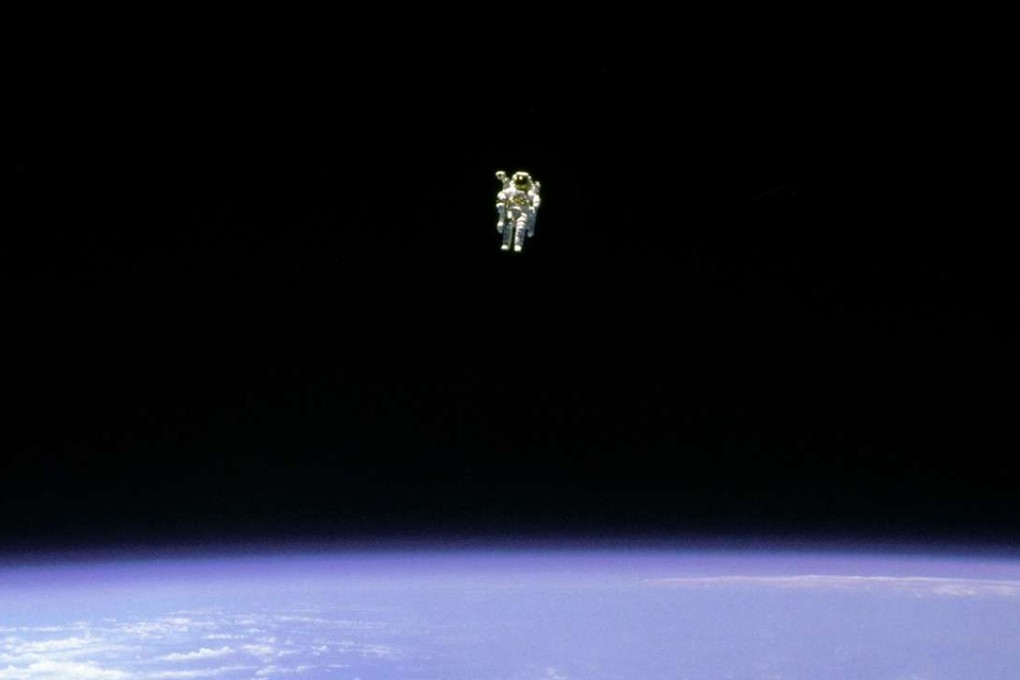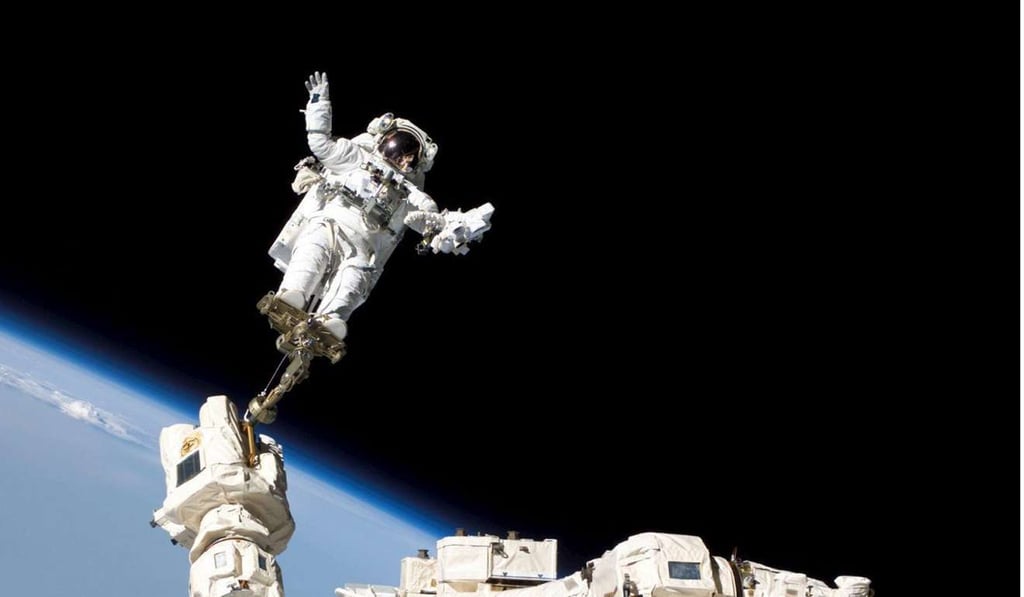Nasa solves the number one problem with spacesuits. And the number two problem, as well

Astronauts wear adult diapers under their suits in case they need to urinate or defecate on spacewalks, but what happens if there’s an emergency and they have to stay in their suit for several days?
That was the question Nasa posed to members of the public in its Space Poop Challenge, and the winners of the contest have just been announced.
Nasa invited people to submit designs for a system that could collect human waste – faeces, urine and menstrual fluid – for up to six days, routing it away from the body without the use of hands. Critically it had to work in microgravity, where solids, fluids and gases typically float.

The winning idea, awarded US$$15,000 of the US$$30,000 prize pot, was submitted by air force officer, flight surgeon and family practice physician Thatcher Cardon.
He drew on his experience with keyhole surgery to come up with a small airlock in the groin area of the suit, with a variety of items including bedpans and diapers that could be inserted through a small hole and expanded.